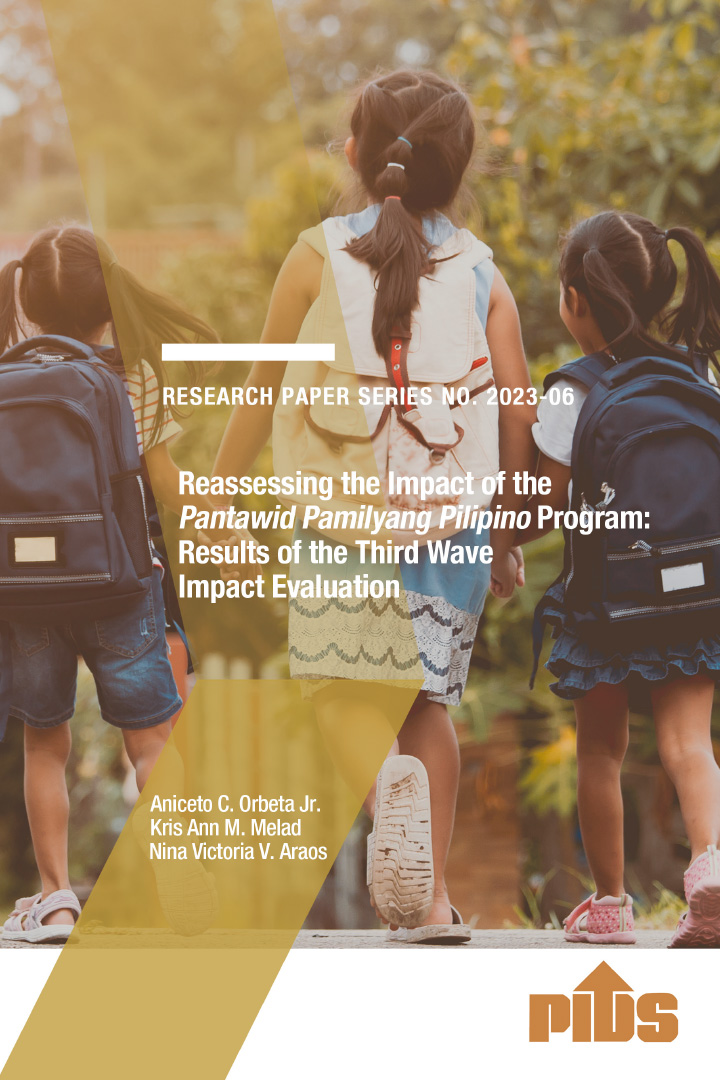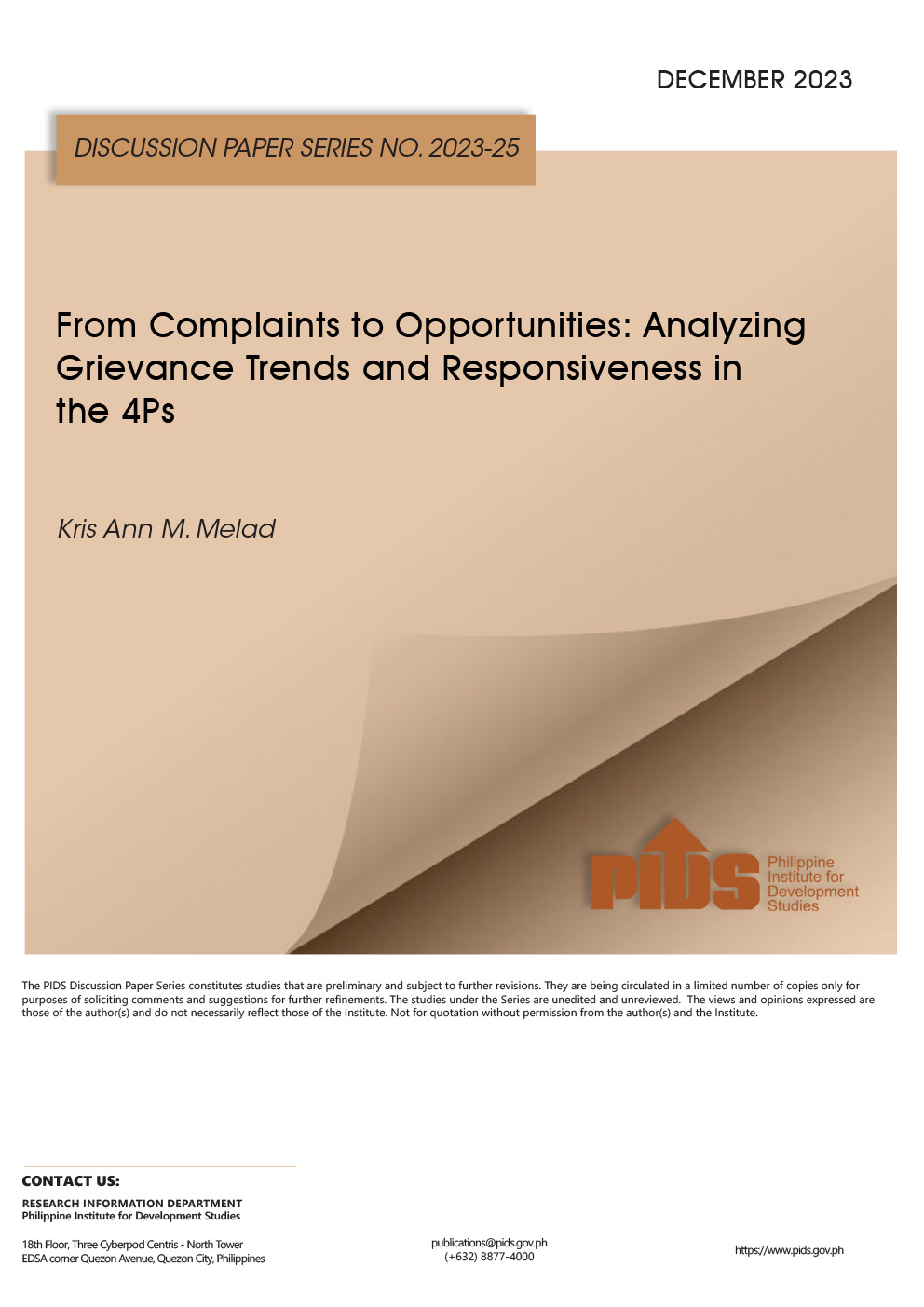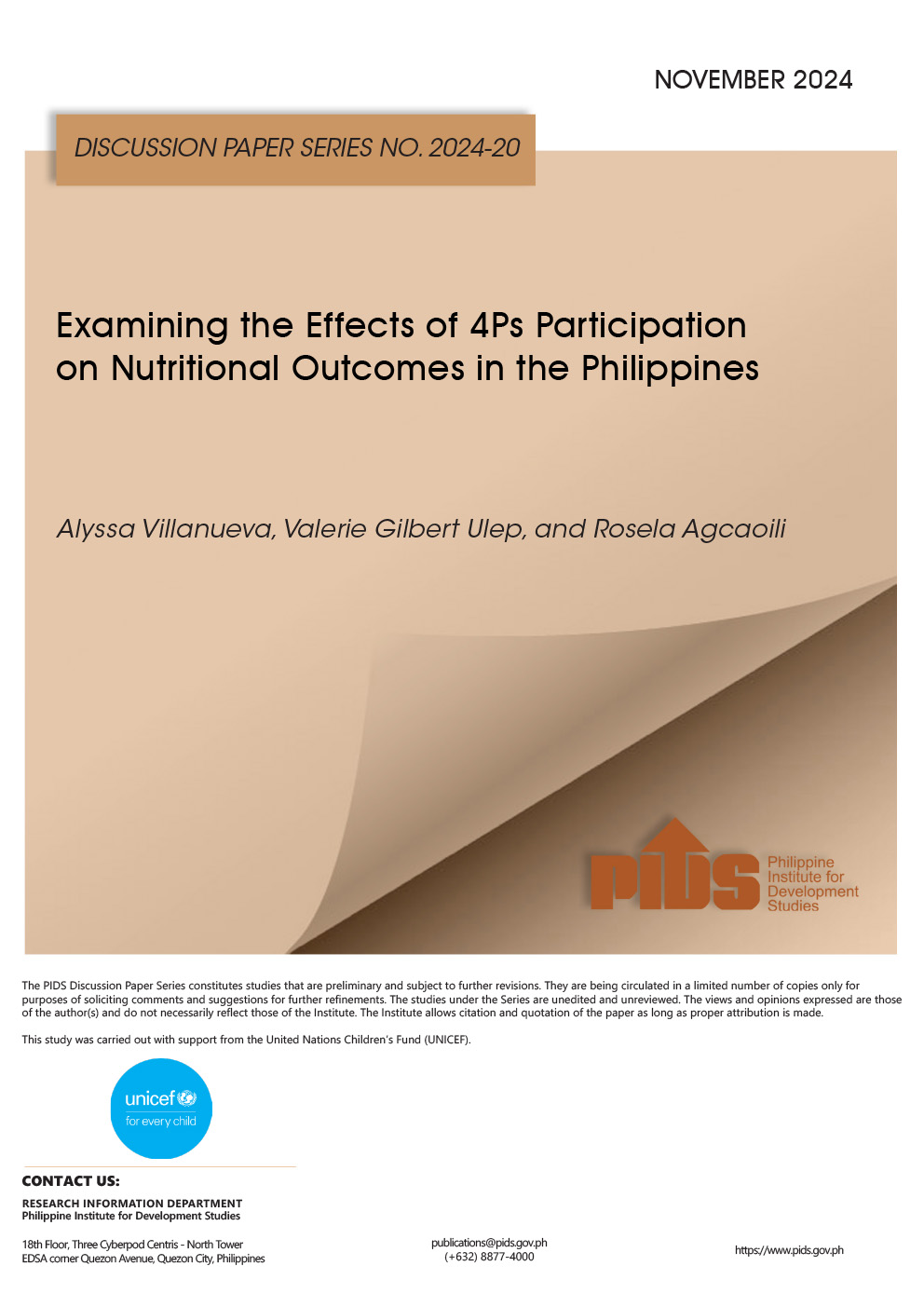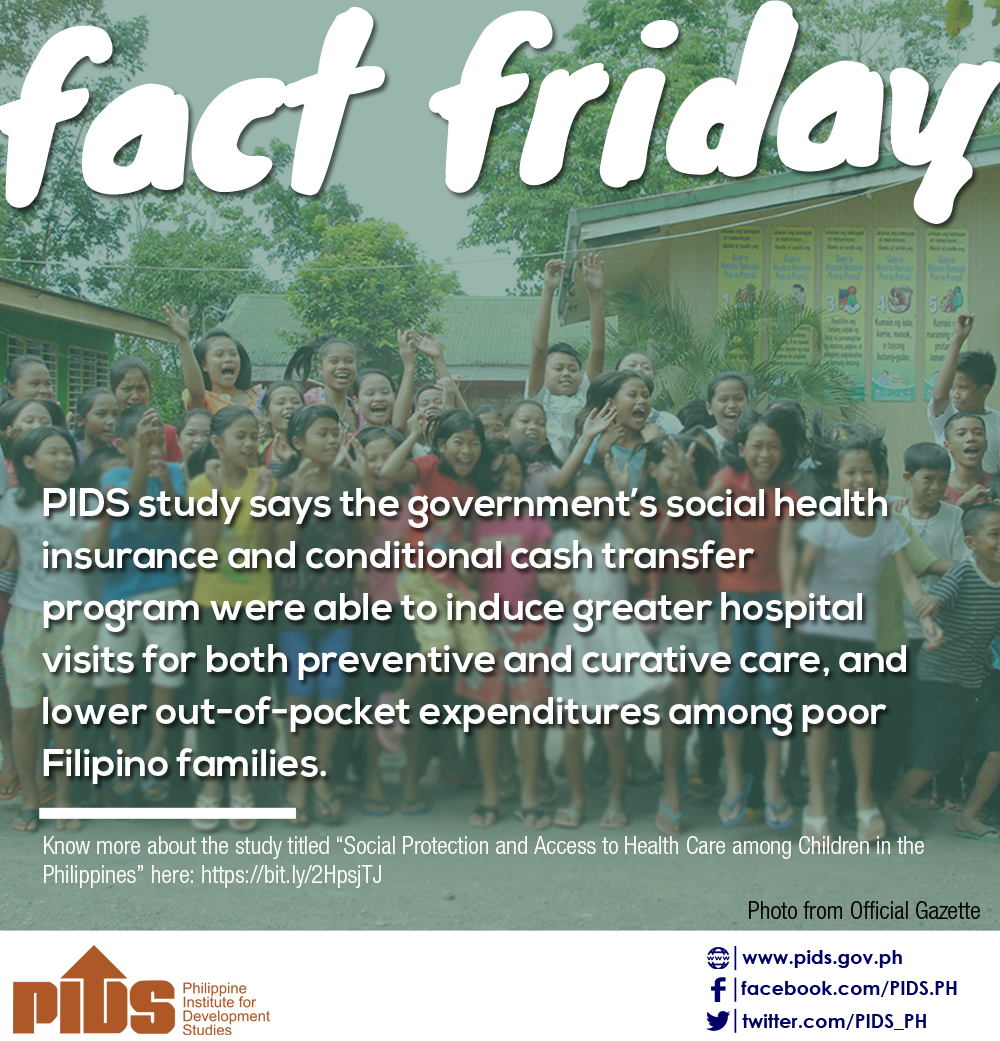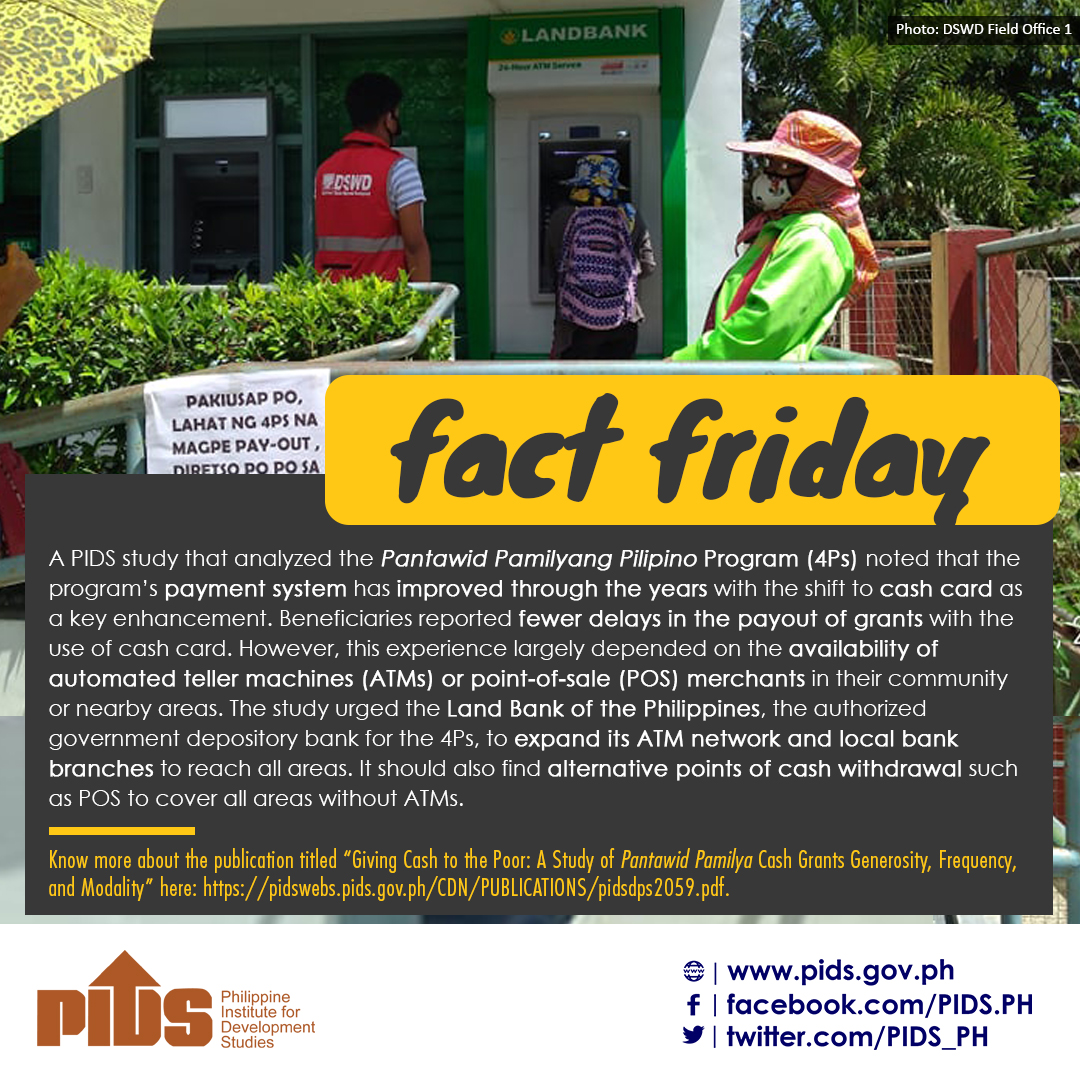MANILA - The country director of the Asian Development Bank on Friday said the Philippine government has already addressed leakages in the conditional cash transfer program.
In a letter to ABS-CBN News, ADB Country Director Richard Bolt said the figure in the "Learning Lessons" publication of ADB's Independent Evaluation Department is sourced from a 2013 study done by the Philippine Institute of Development Studies.
He said the PIDS used 2009 data and earlier poverty targeting practices.
"The targeting issue raised in the PIDS report has been addressed by the Department of Social Welfare and Development and conditional cash transfer program and related ADB support. As such, we are confident that the issue raised is dealt with in the ongoing conditional cash transfer program," he said.
The ADB official also noted that the Independent Evaluation report is "strongly positive and supportive of the program and its achievements including improved health outcomes and increased school participation, as well as its likely effect on the employability of the beneficiaries, and their chances for breaking the inter-generational cycle of poverty."
The ADB report earlier said nearly P19 billion of the conditional cash transfer program's P62 billion budget did not go to the poor.
It also said the CCT program needs to improve the selection of its beneficiaries.
The ADB said the conditional cash transfer program dubbed the Pantawid Pamilya Pilipino Program improved health outcomes and increased school participation among children 6-14 years old.
"While the long-run impacts of the program on poverty have yet to be analyzed, it is expected to improve the employability of the poor, enhancing their resources and capacity to respond to environmental shocks. This is crucial for this country where direct damages of natural disasters cost more than 0.5% of gross domestic product every year," it said.
Social Welfare Secretary Dinky Soliman earlier said the government is already working to address errors in screening beneficiaries for the CCT program.
She said the Department of Social Welfare and Development has already delisted more than 100,000 families.
She said the first household targeting survey was done in 2009 during the Arroyo administration.
She also clarified there are a number of families who may be considered non-poor but actually have the same living conditions as those below the poverty line.
CASH FOR THE POOREST
Inspired by similar efforts in Latin America, the conditional cash transfer program is designed to help reduce poverty.
Under the program, a family with a maximum of three children can get up to 1,400 pesos monthly for five years. Part of the amount comes as a health grant and the rest educational assistance.
To qualify, a family must belong to the poorest of the poor based on a government identification system.
There must also be children up to 18 years old and/or a woman pregnant by the time a family is assessed by the DSWD.
In exchange, pregnant women must go through pre-and post-natal care and the childbirth administered by a professional.
Children up to five years old are required to undergo checkups and vaccines.
Those between six and 14 years old must receive deworming pills twice yearly while those between three and 18 years old must be in school attending at least 85 percent of the classes every month.
As of March this year, the program has covered 4.4 million families including 11 million school children.//
Related Posts
Publications
Press Releases
Video Highlights
[No related items]

